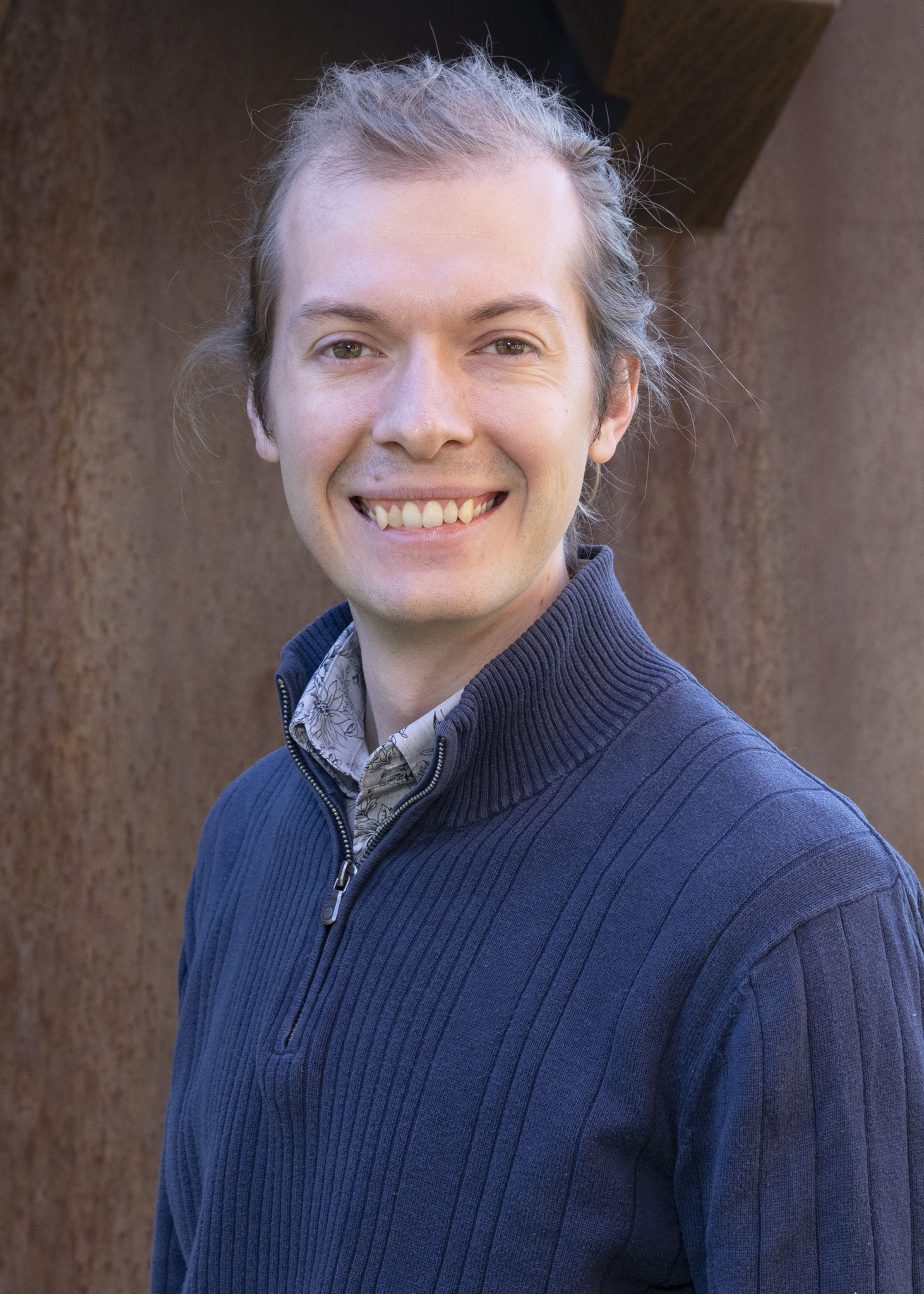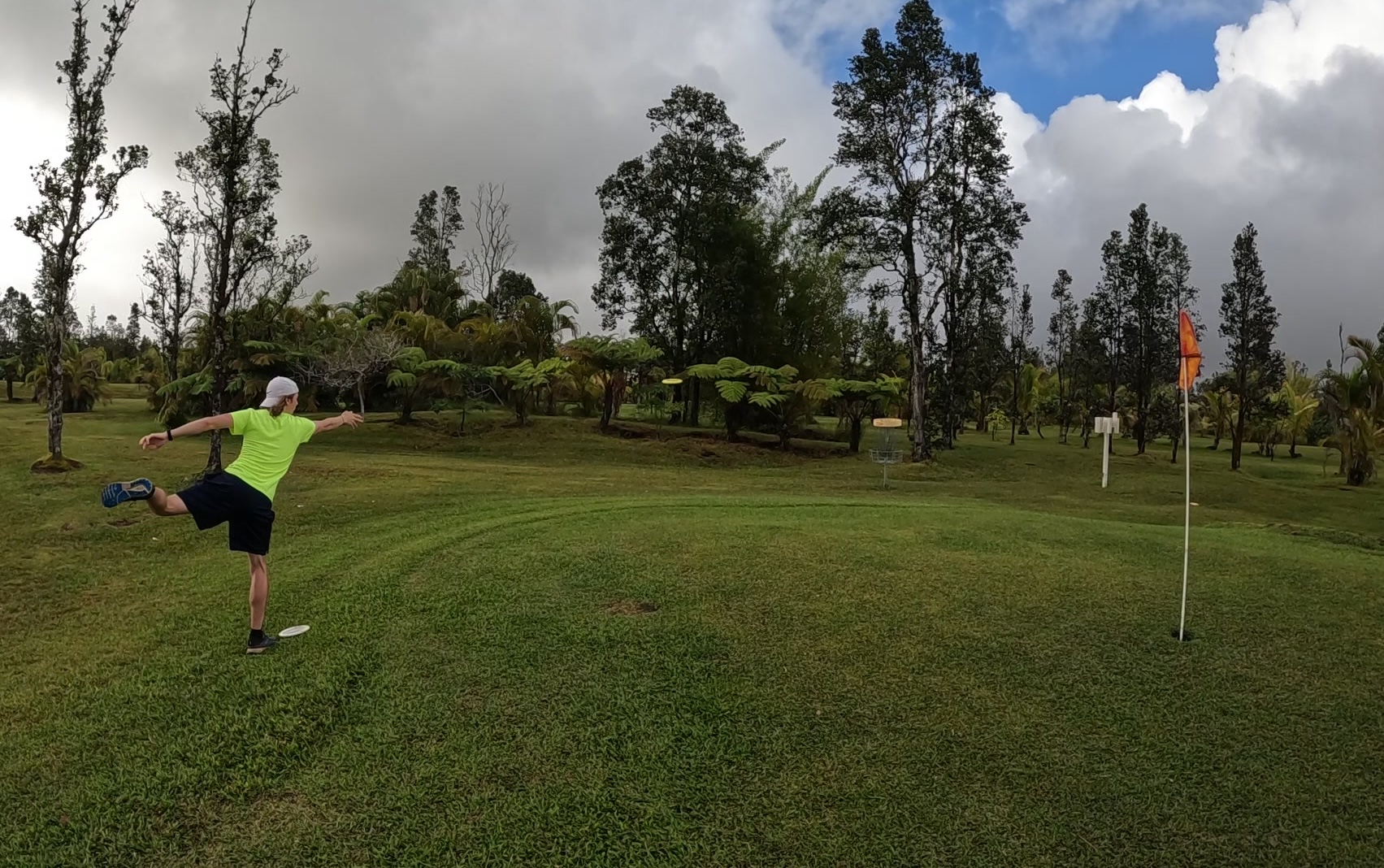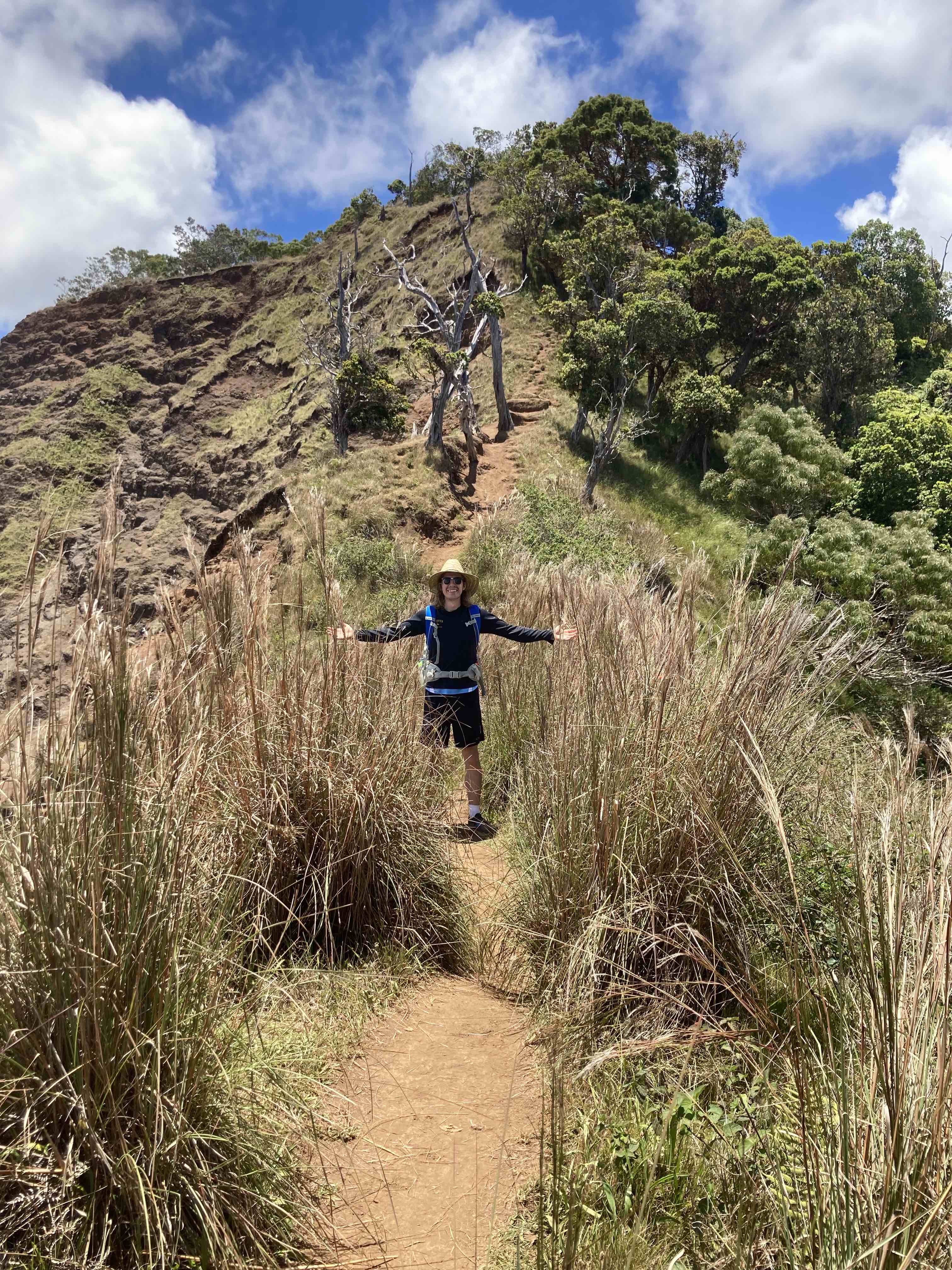Article
Kevin Clark hesitated to begin research early in his college career, but this did not slow his academic or industrial success.
 Kevin Clark. Credit: Kevin Clark.
Kevin Clark. Credit: Kevin Clark.Hands-on experiences including the Beckman Institute Postdoctoral Fellowship and Beckman Young Investigator award shaped Clark’s journey. They led him to the world of analytical chemistry, where he completed groundbreaking work in RNA modifications and became a professor at Tufts University.
Clark attended Gustavus Adolphus College, a small liberal arts school where he initially hesitated to dive into the research world.
“I just didn't know where to begin with applications, so I talked myself out of applying for research positions a few times,” he said, recalling how it wasn’t until the summer before his senior year that he first applied for a research position.
“It took some encouragement from one of my analytical chemistry professors for me to apply, but once I got my research position, my trajectory really changed,” he said.
Clark began working with analytical chemistry professor Dwight Stoll for his first hands-on experience in a lab, which was transformative.
After earning his undergraduate degree, Clark spent a year working in industry, gaining experience with chemical instrumentation, chromatography and mass spectrometry — skills that would later become cornerstones of his academic research. This practical exposure set him on a path to pursue a Ph.D. at the University of Toledo, where he worked under chemistry professor Jared Anderson, developing new materials and methods for bioanalytical chemistry.
When Clark’s Ph.D. adviser began a new position at Iowa State University, the young chemist decided to move, too. There, Clark’s research interests expanded into bioanalytical applications. While he first saw biological applications as daunting, he pushed past his doubts.
"By reading primary literature on DNA analysis, I gained a lot of confidence in an area that I initially felt was too complicated for me,” he said.
This led Clark to submit a bold research proposal for a postdoctoral fellowship at the Beckman Institute, which he earned in 2018. His proposal suggested that he would use new materials and methods to characterize nucleic acids in the brain to understand their functions beyond what was already known.
"The Beckman Institute provided an environment that really pushed me to approach problems differently," he said.
Surrounded by scientists in different fields, Clark collaborated across disciplines in ways that benefitted his research. Beckman’s multidisciplinary environment supported his academic goals and made a lasting impression on his approach to problem-solving. Clark now had access to faculty in all disciplines who wanted to help him solve his research problems by giving suggestions with wider perspectives and approaches that differed from his own.
Today, Clark is a professor at Tufts University, where he continues to build on the foundation laid during his time at Beckman. His current lab focuses on RNA modifications, particularly in the brain. These modifications, or epitranscriptome, can dramatically alter the function of RNA, and his research aims to further understand how they impact learning, memory and neurological diseases. Clark was recently awarded the 2024 Beckman Young Investigator Award for his research into RNA modifications. This award recognizes young faculty members in chemistry and life sciences with promising research to foster innovation.
As the director of the Beckman Scholars Program at Tufts, Clark is passionate about breaking down barriers to research for undergraduates, something he himself struggled with early in his career. This program at Tufts is funded through a competitive award by the Arnold and Mabel Beckman Foundation and provides immersive, faculty-mentored research experiences for undergraduates on projects in the chemical and biological sciences. When the opportunity came up to lead this program at Tufts, Clark immediately stepped in.
“I’ve been in their shoes, unsure of how to start. My goal is to provide students with a roadmap to get involved in research, just like the opportunities I had,” he said.
 Kevin Clark playing disc golf. Credit: Kevin Clark.Outside of his professional life, Clark is a disc golf enthusiast, a sport he picked up during the pandemic. Whether he's traveling for research conferences or on vacation, he makes time to explore new courses, with one of his most memorable rounds being near Volcanoes National Park in Hawaii. He
Kevin Clark playing disc golf. Credit: Kevin Clark.Outside of his professional life, Clark is a disc golf enthusiast, a sport he picked up during the pandemic. Whether he's traveling for research conferences or on vacation, he makes time to explore new courses, with one of his most memorable rounds being near Volcanoes National Park in Hawaii. He  Kevin Clark hiking the Kalalau Trail in Kauai, Hawaii. Credit: Kevin Clark.also cross-country skis, a passion he traces back to his childhood in
Kevin Clark hiking the Kalalau Trail in Kauai, Hawaii. Credit: Kevin Clark.also cross-country skis, a passion he traces back to his childhood in
Minnesota. Now living in Boston, he enjoys taking advantage of New England’s winters to get back on the trails.
Beckman Institute for Advanced Science and Technology